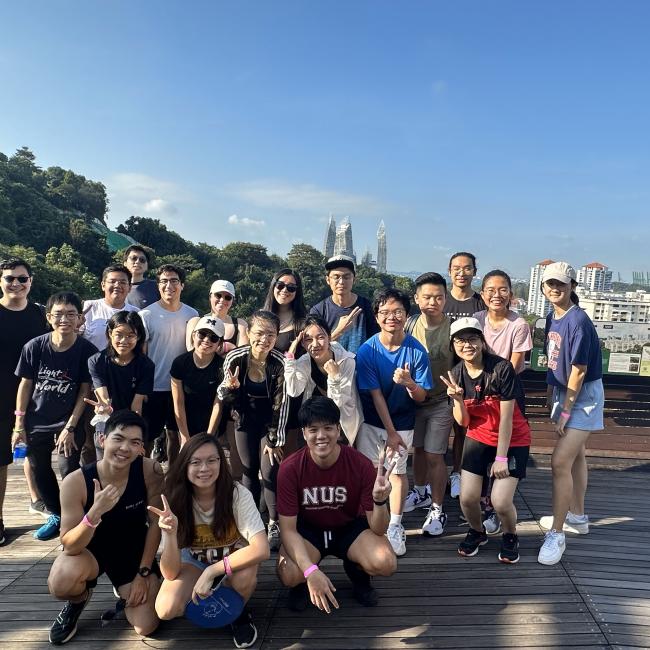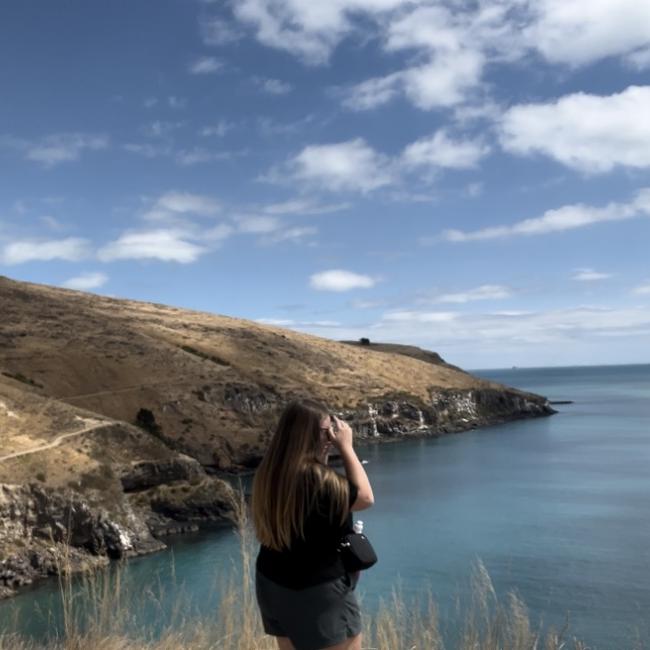While on our international exchange, my sister and I commonly get comments and questions such as “Oh my goodness, you two are sisters. How do you make it work?” It’s quite common that people don’t love travelling or spending so much time with family, but we love it and make it work. Over time we have learned and built a strong understanding of each other’s behaviours, strengths, and weaknesses. Having this knowledge allowed us to have a fantastic time on exchange with one another. Here are three tips to make exchange enjoyable and exciting with someone you love.
#1 Build your own identity
People were surprised to learn that we are sisters because we have entirely different personalities. It may be tempting to do everything the other person does simply because it makes you comfortable, but it is important to remember what makes you, truly you. For example, my sister loves going out and exploring the nightlife in Madrid. On the other hand, I am more of a homebody. Sometimes, I felt internally pressured to go out because she seemed to have a great time meeting new people and friends. It took some time for me to realize that it is okay that I don’t love everything my sister does because that makes us unique. On exchange, it’s not about conforming to everyone else or being a completely new person, but instead keeping true to who you are and building upon your identity before exchange. It is also essential to maintain an open mindset to experience new things as you may learn something new.
#2 Pre-book as much as you can
With family or close friends, it’s easy to express your frustration without much thought. Therefore, it is crucial to eliminate the cause of frustration, which is generally due to a lack of planning. If you plan to go on a trip, pre-book and pay in advance for the hotels, transportation rides, tours, etc. Then, collect the receipts and upload them to a saved Google Drive folder with the other people. This way, everyone will have access to the information, dates, and times which avoids the chaos of asking each other what’s happening all the time. International experiences challenge our abilities to be organized, flexible, and adaptable according to different situations while considering the feelings of the other people involved.
#3 Have a shared calendar with each other’s schedule to coordinate future travel dates
At our host university, we could export our course calendar into Google Calendar using the URL link function. By sharing our schedules, we could quickly identify who had classes and what class on which day and time using the coloured calendar system. Next, we set up a shared travel calendar. When either of us organizes a trip, we note all the important details such as the flight numbers, dates & times, and where we are staying so that we have all the information stored in a central place. This calendar system allowed more transparency and streamlined the planning process. Therefore, we didn’t have to ask each other whether they were free on a specific day and just booked flights if our calendars were free. This also eliminated the risk of overbooking or booking on the exact dates as one another.
Overall, we have learned so much more about ourselves as individuals and each other. We leveraged our knowledge about ourselves to accommodate and support each other’s needs. Furthermore, my sister and I are very fortunate to be both recipients of the EDI IMA Global Skills Opportunity funding, which has allowed us to explore beyond the city that we are studying into the limitless world, be culturally aware, learn a new language, and appreciate all the little things in life.















